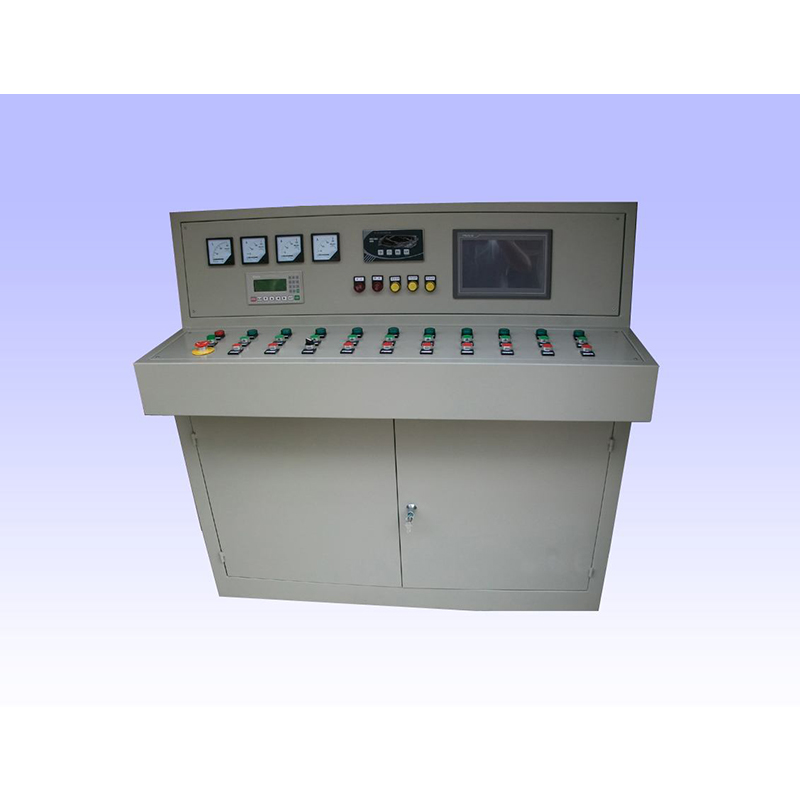
Nov . 26, 2024 20:34
Back to list
Innovative Solutions for Electric Valve Applications in Modern Systems and Industries
Understanding Electric Valves Their Functionality and Importance in Modern Systems
Electric valves are integral components in various industrial applications, playing a pivotal role in controlling the flow of liquids and gases. These devices utilize an electric actuator to manage valve operation, providing a level of automation and control that enhances efficiency and reliability in numerous systems.
At the core of electric valve technology is its mechanism of operation. Unlike manual valves, which require physical handling to open or close, electric valves are actuated through electrical signals. This means they can be controlled remotely, making them an ideal choice for applications where accessibility is an issue or where safety is a priority. For instance, in hazardous environments, operators can manage valve functions from a safe distance, reducing the risk of accidents.
Electric valves come in various types and configurations, including solenoid valves, motor-operated valves, and proportional valves. Solenoid valves are particularly popular due to their simplicity and rapid response times. These valves are activated by an electromagnetic coil, allowing for quick open or close actions in fluid control. Motor-operated valves, on the other hand, use an electric motor to move the valve mechanism, allowing for more precise control of flow rates. Proportional valves are designed to regulate the flow smoothly, making them suitable for processes that require gradual changes in flow and pressure.
One significant advantage of electric valves is their ability to integrate with automated systems. In modern industrial processes, where efficiency and reliability are paramount, electric valves can be linked to sensors and controllers to create a comprehensive automated control system. This integration facilitates real-time monitoring and adjustments, leading to optimized performance and reduced operational costs.
electric valve

Consider, for instance, the role of electric valves in the water supply industry
. Here, they are used in various applications, from municipal water distribution networks to irrigation systems. The ability to remotely control the flow and to adjust to changing demands ensures that water is allocated efficiently, reducing waste and improving service delivery.Moreover, electric valves are essential in industries such as oil and gas, chemical processing, and HVAC (heating, ventilation, and air conditioning). In these sectors, the ability to precisely control fluid dynamics contributes significantly to process safety and efficiency. Electric valves can help manage pressure fluctuations, preventing potential hazards and maintaining optimal operating conditions.
Choosing the right electric valve involves considering several factors, including the type of fluid being controlled, pressure and temperature conditions, and the specific requirements of the application. It’s also crucial to assess the compatibility of the electric valve with existing systems to ensure seamless integration and optimal performance.
Maintenance is another aspect that cannot be overlooked. While electric valves generally require less maintenance than mechanical alternatives, regular inspections are necessary to ensure that all components function correctly. This includes checking the actuator, ensuring that the electrical connections are secure, and monitoring the valve for any signs of wear and damage.
In conclusion, electric valves represent a significant advancement in fluid control technology. Their ability to automate valve operation, integrate into sophisticated systems, and enhance safety and efficiency makes them indispensable in various industries. As technology continues to evolve, the development of more innovative electric valve solutions is expected, further optimizing industrial processes and contributing to the overall advancement of automated systems. Whether in water management, chemical processing, or HVAC applications, electric valves are set to remain at the forefront of fluid control technology, adapting to the changing needs of modern industries.
Latest news
-
Safety Valve Spring-Loaded Design Overpressure ProtectionNewsJul.25,2025
-
Precision Voltage Regulator AC5 Accuracy Grade PerformanceNewsJul.25,2025
-
Natural Gas Pressure Regulating Skid Industrial Pipeline ApplicationsNewsJul.25,2025
-
Natural Gas Filter Stainless Steel Mesh Element DesignNewsJul.25,2025
-
Gas Pressure Regulator Valve Direct-Acting Spring-Loaded DesignNewsJul.25,2025
-
Decompression Equipment Multi-Stage Heat Exchange System DesignNewsJul.25,2025

